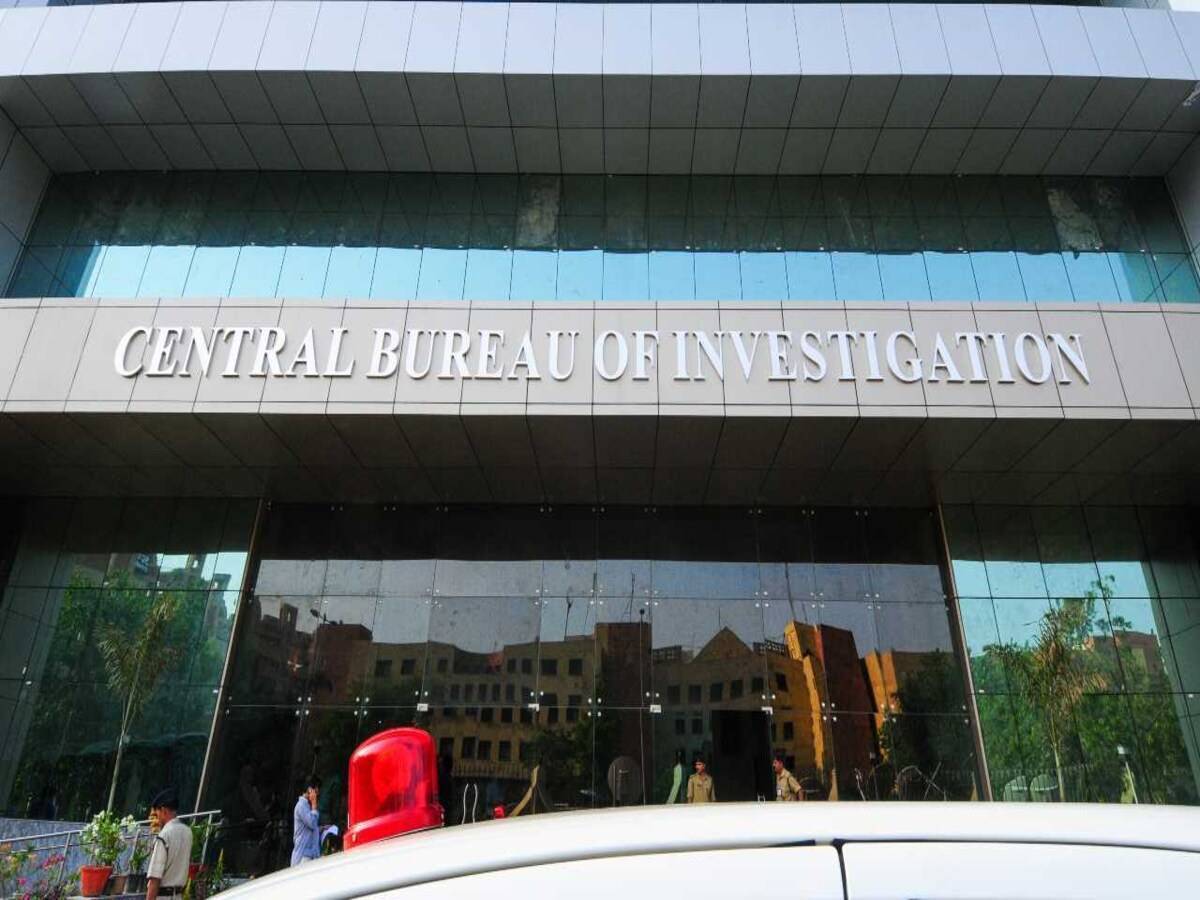The Central Bureau of Investigation (CBI) has widened its investigation into alleged subvention scheme frauds in the real estate sector, registering six fresh FIRs across Mumbai, Bengaluru, and Kolkata. The move comes in compliance with directions from the Supreme Court, which earlier this year authorised the agency to probe complaints of fraud and collusion between developers and financial institutions.
According to the CBI, the fresh cases include two against Mumbai-based developers — Shashwati Realty Pvt Ltd, which has projects in Bengaluru, and ACME Realties Pvt Ltd. Other entities named in the FIRs include Ithaca Estate Private Limited, LGCL Urban Homes (India) LLP, and Ozone Urbana Infra Developers Pvt. Ltd., all registered in Bengaluru, along with MKHS Housing LLP in Kolkata.
CBI teams carried out searches at 12 premises linked to the named firms in Mumbai, Bengaluru, and Kolkata, seizing project documents and digital records considered relevant to the ongoing investigations. These six FIRs add to the 22 cases already under probe by the agency in Delhi-NCR, covering projects in Noida, Greater Noida, and Gurugram.
The latest crackdown follows a Supreme Court directive issued in April 2025, where the bench took note of multiple petitions filed by over 1,200 homebuyers. Petitioners alleged that they were defrauded under subvention schemes marketed as “no EMI until possession.” Under these schemes, banks disbursed loans directly to developers, who were required to service EMIs until the property was handed over. In several cases, developers defaulted on payments, leading to stalled projects and heavy financial losses for buyers, who were left with loan obligations but no completed homes.
The apex court described the arrangement as an “unholy nexus” between developers and financial institutions, observing that the model left consumers exposed to significant risks without sufficient regulatory oversight. The court directed the CBI to initiate seven preliminary inquiries, which, after examination, have now resulted in six full-fledged cases against builders operating outside the NCR region.
Officials indicated that the scope of the investigation may expand further as new complaints continue to emerge from different states. Sources confirmed that the agency is also reviewing the role of certain bank officials who may have overlooked irregularities while sanctioning loans under the subvention model.
The FIRs are expected to cover violations under cheating, criminal conspiracy, and provisions of the Prevention of Corruption Act where collusion with financial institutions is established. The agency has also hinted at coordination with the Enforcement Directorate (ED) in cases involving suspected money laundering.
The subvention model gained traction during the real estate boom as developers sought to attract buyers with the promise of deferred payment obligations. However, defaults in large projects left buyers responsible for servicing loans even as construction halted. For many, this has meant paying EMIs without receiving possession, leading to prolonged financial stress and legal disputes.
The Supreme Court’s intervention has been seen as a significant step in offering recourse to aggrieved buyers. Legal experts believe that the outcome of these cases could redefine accountability across the housing sector, clarifying the extent of responsibility borne by developers, banks, and regulators.
The crackdown also places a spotlight on oversight gaps in the housing finance and development ecosystem. While regulators had earlier issued advisories discouraging subvention-linked sales, enforcement remained limited. Analysts suggest that stronger checks on financing structures and project monitoring will be necessary to prevent similar cases in the future.
At the same time, the industry is expected to see a shift towards more transparent financial models, with developers focusing on project-linked payment plans or escrow-based systems to restore buyer confidence.
The six new FIRs mark one of the most extensive nationwide actions against fraudulent real estate practices outside Delhi-NCR. With the CBI now actively investigating projects in five states, Maharashtra, Karnataka, West Bengal, Punjab, and Uttar Pradesh — the probe could set a precedent for future scrutiny of large-scale real estate funding mechanisms.
For affected homebuyers, the legal proceedings could help establish accountability and clarify compensation or redress mechanisms. The process, however, is expected to take time as investigators examine large volumes of financial and project data.
The subvention scheme issue, which has been a recurring concern for over a decade, has now entered a decisive legal phase with direct involvement of the Supreme Court and the central investigative agencies. The results of these cases are likely to shape both consumer protection norms and financing models in India’s real estate sector for years ahead.
Image source- cnbctv18.com









.png)